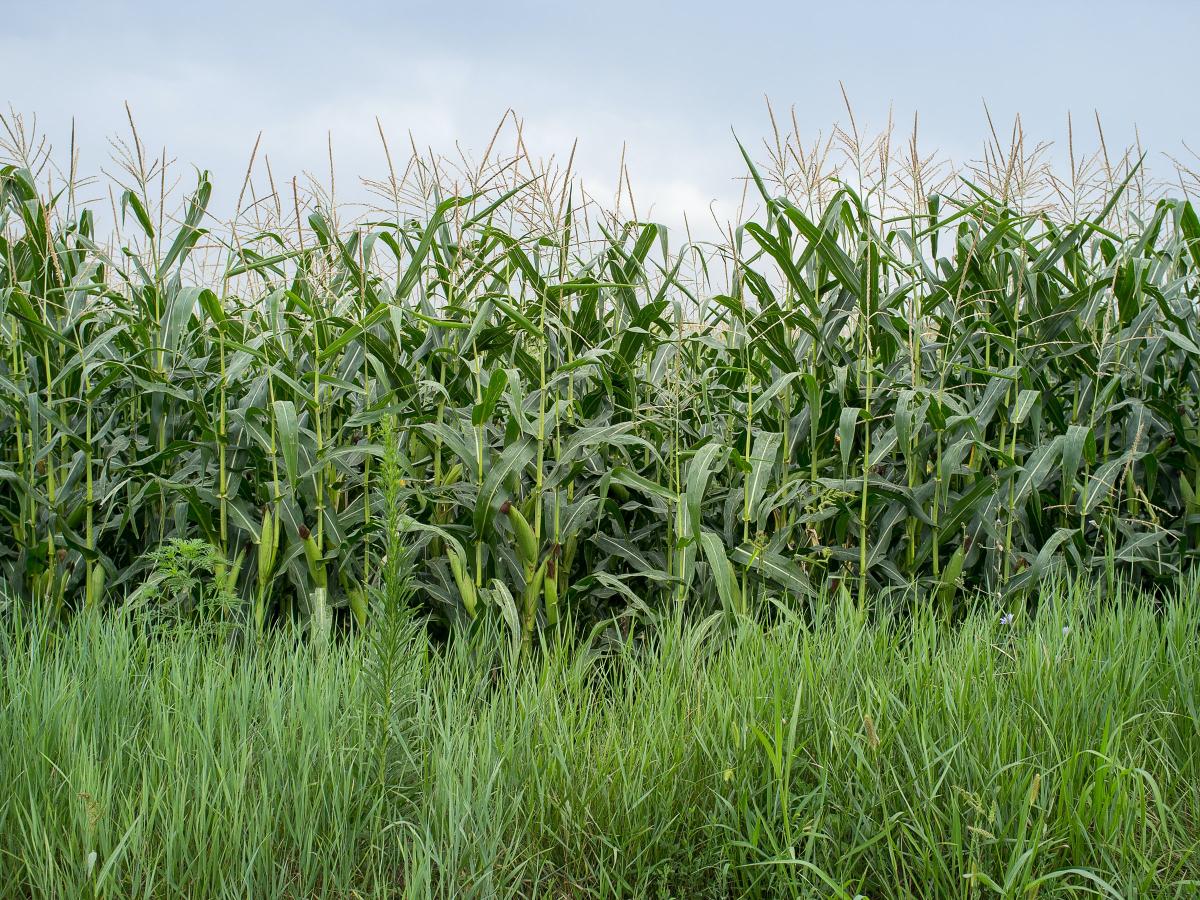Flame weeding provides a sustainable and affordable strategy to manage weeds in organic corn
 In conventional corn-soy rotations, weed control is accomplished through the use of herbicides and usually the crops are genetically modified to tolerate those herbicides. Without GMOs and synthetic herbicide tools, organic corn-soy production can accomplish weed control by tilling the soil. But to improve carbon sequestration, organic farmers and researchers have been searching for economic alternatives to tilling that are as effective at controlling weeds. A new study in the Sustainability has found a good candidate: flame weeding. This study measured the cost of weed management using a flame weeder (a tractor attachment that burns weeds with propane-fueled flames) compared with hoeing the ground by hand and the resulting yield of organic corn. While hand hoeing was more effective in controlling weeds and produced a greater yield of corn, this method was determined to be cost prohibitive. In contrast, the reduced yield from the flame weeder treatment did not outweigh its cost effectiveness. As a result, the researchers argue that this form of weed management may be a more economically and environmentally sustainable strategy compared to tillage and conventional GM-herbicide strategies.
In conventional corn-soy rotations, weed control is accomplished through the use of herbicides and usually the crops are genetically modified to tolerate those herbicides. Without GMOs and synthetic herbicide tools, organic corn-soy production can accomplish weed control by tilling the soil. But to improve carbon sequestration, organic farmers and researchers have been searching for economic alternatives to tilling that are as effective at controlling weeds. A new study in the Sustainability has found a good candidate: flame weeding. This study measured the cost of weed management using a flame weeder (a tractor attachment that burns weeds with propane-fueled flames) compared with hoeing the ground by hand and the resulting yield of organic corn. While hand hoeing was more effective in controlling weeds and produced a greater yield of corn, this method was determined to be cost prohibitive. In contrast, the reduced yield from the flame weeder treatment did not outweigh its cost effectiveness. As a result, the researchers argue that this form of weed management may be a more economically and environmentally sustainable strategy compared to tillage and conventional GM-herbicide strategies.
Photo Credit: Dmitry Antropov; unsplash.com



